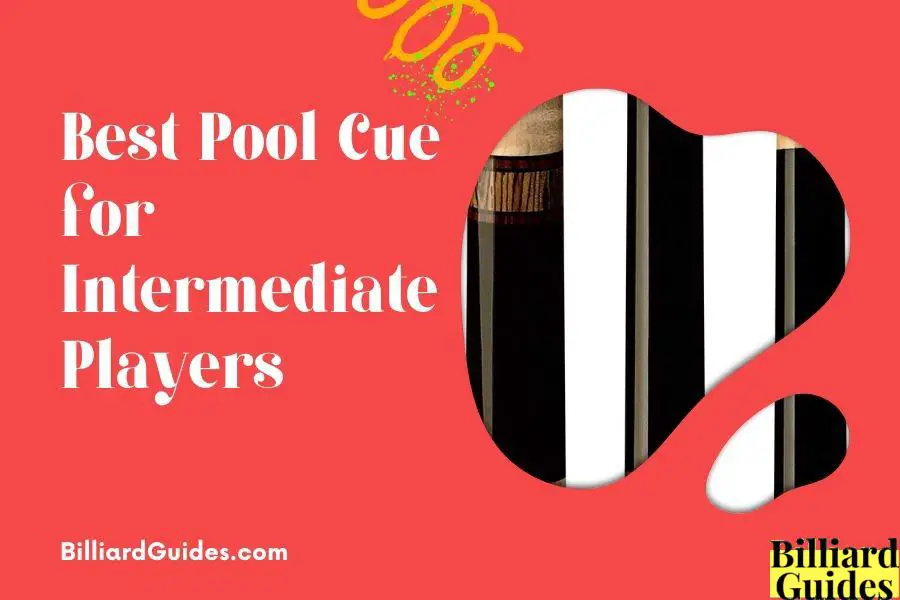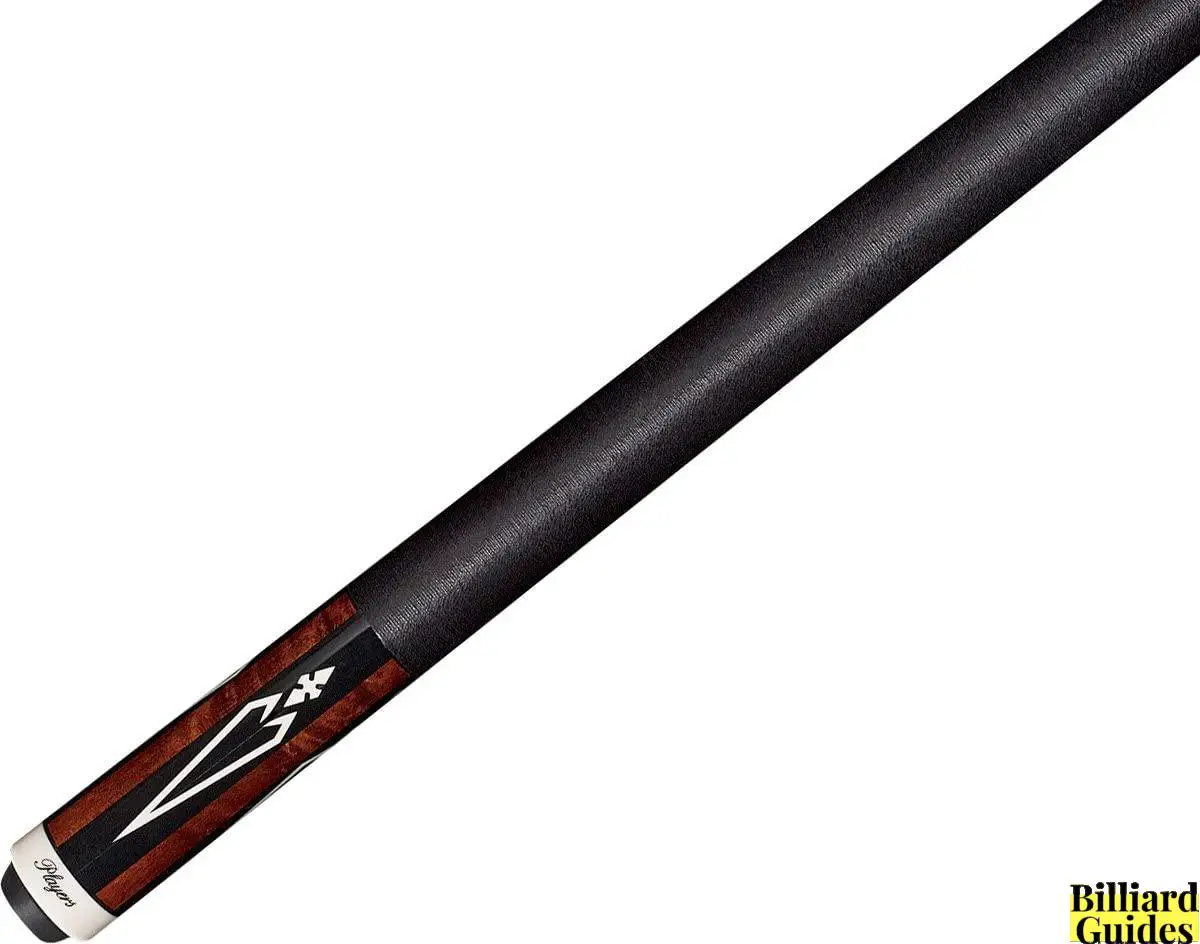Best Pool Cue For Intermediate Players: Unlock Your Game's Full Potential
Hey there, pool enthusiasts! If you're an intermediate player looking to level up your game, finding the best pool cue is like finding the perfect dance partner. Your cue stick is more than just a piece of wood – it's an extension of your arm, your confidence, and your skills on the table. Whether you're trying to perfect your break shot or finesse those tricky angles, having the right stick can make all the difference. So, let's dive in and discover what makes a pool cue truly great for players at your level!
Now, I know what you're thinking – "There are so many pool cues out there, how do I even start?" Well, don't worry, because we're about to break it down for you step by step. From materials to weight, balance, and grip, we'll cover everything you need to know to make the right choice. Think of this as your ultimate guide to upgrading your game without breaking the bank.
Oh, and before we get into the nitty-gritty, let's set the record straight: You don't have to spend a fortune to get a quality stick. Sure, some high-end cues can cost as much as a used car, but there are plenty of great options that won't leave you feeling broke. Stick around, and we'll show you how to find the best pool cue for intermediate players without compromising on performance or style.
Read also:Halle Berry Stuns At The 2018 Vanity Fair Oscars Party
Understanding What Makes a Great Pool Cue
Alright, let's talk shop. When you're shopping for the best pool cue for intermediate players, there are a few key factors you need to consider. These aren't just buzzwords – they're the building blocks of a solid stick that will help you elevate your game. Here's what you need to know:
- Material: Most high-quality cues are made from maple or ash wood, but there are also fiberglass and carbon fiber options for those who prefer something more modern. The material affects the stick's durability, feel, and price.
- Weight: Pool cues typically range from 18 to 21 ounces. Intermediate players often prefer sticks in the 19-20 ounce range, but it really depends on your personal comfort level.
- Balance: A well-balanced cue is crucial for maintaining control during your shots. Look for sticks with a forward balance point for better accuracy.
- Grip: The grip is where your hand makes contact with the cue, so it needs to feel comfortable and secure. Some cues have wrap grips, while others are smooth wood or synthetic materials.
Now, let's break this down a bit further. Each of these factors plays a role in how your cue performs, and finding the right combination is key to improving your game. Stick with me, and we'll explore each one in detail.
Top Materials for Intermediate Cues
When it comes to materials, you've got options. But not all materials are created equal, especially when you're looking for the best pool cue for intermediate players. Here's a quick rundown:
Maple: The Classic Choice
Maple is a popular choice for pool cues because it's lightweight, durable, and has a smooth finish. It's also relatively affordable compared to some of the more exotic woods. If you're looking for a stick that's easy on the wallet but still performs well, maple might be the way to go.
Ash: The Hidden Gem
Ash wood is another great option for intermediate players. It's slightly heavier than maple, which can give you more power behind your shots. Plus, ash has a natural grain pattern that adds a bit of flair to your cue's appearance.
Fiberglass and Carbon Fiber: The Modern Alternatives
If you're not into traditional wood cues, fiberglass and carbon fiber are worth considering. These materials are incredibly durable and resistant to warping, which can be a big plus if you play in humid environments. They also tend to have a more modern aesthetic, which some players find appealing.
Read also:Chip Gaines Shows Off His Dance Moves On Fixer Upper
Ultimately, the material you choose will depend on your personal preferences and budget. Don't be afraid to try out different options to see what feels right for you.
Choosing the Right Weight
Weight is another critical factor when selecting the best pool cue for intermediate players. Most cues fall within the 18-21 ounce range, but what's the right weight for you? Here's a quick guide:
- 18-19 Ounces: Great for players who value precision and control over power.
- 19-20 Ounces: A sweet spot for many intermediate players, offering a balance of control and power.
- 20-21 Ounces: Ideal for players who want more power behind their shots.
Remember, the weight you choose should feel comfortable in your hand and allow you to maintain consistent form. If you're unsure, try out a few different weights at your local pool hall to see what feels best.
Balance: The Key to Consistency
A well-balanced cue is essential for maintaining control during your shots. Most intermediate players prefer cues with a forward balance point, which helps with accuracy and follow-through. Here's why balance matters:
When your cue is properly balanced, it allows you to maintain a steady hand and follow through on your shots without wobbling. This is especially important for long shots and those tricky bank shots that require precision. So, when you're shopping for a cue, pay attention to how it feels in your hand. Does it feel stable? Does it allow you to maintain control? If the answer is yes, you're on the right track.
Grip: Comfort Meets Performance
The grip is where your hand makes contact with the cue, so it needs to feel comfortable and secure. There are a few different types of grips to consider:
Wrap Grips
Wrap grips are made from materials like leather or synthetic fibers and provide a comfortable, non-slip surface. They're great for players who tend to get sweaty palms during intense matches.
Smooth Wood Grips
Smooth wood grips offer a classic feel and are preferred by many players who want a more natural connection with their cue. However, they can get slippery if your hands tend to sweat.
Synthetic Grips
Synthetic grips are made from materials like rubber or plastic and offer a modern alternative to traditional wood. They're durable, easy to clean, and provide a consistent feel every time you play.
Ultimately, the grip you choose will depend on your personal preferences and playing style. Don't be afraid to experiment with different options to find what works best for you.
Top Picks for Intermediate Players
Now that we've covered the basics, let's talk about some specific cues that are great for intermediate players. Here are a few top picks:
1. Predator 314C
The Predator 314C is a popular choice among intermediate players thanks to its low-deflection shaft and smooth feel. It's made from high-quality materials and offers excellent performance at a reasonable price.
2. McDermott G-Core
The McDermott G-Core is another great option, featuring a carbon fiber construction that makes it incredibly durable and resistant to warping. Plus, it has a sleek design that turns heads on the pool table.
3. Cue Town CT-220
If you're looking for a budget-friendly option, the Cue Town CT-220 is worth considering. It offers solid performance and a classic design at an affordable price point.
These are just a few examples, but there are plenty of great cues out there for intermediate players. Do your research, read reviews, and don't be afraid to try out a few different options before making your final decision.
How to Test Your Cue
Before you commit to a cue, it's important to test it out and make sure it feels right for you. Here's how:
- Check the Weight: Hold the cue in your hand and see how it feels. Is it too heavy? Too light? Find a weight that feels comfortable and allows you to maintain consistent form.
- Test the Balance: Place the cue on your fingers and see where the balance point is. Ideally, it should be slightly forward of the midpoint for better accuracy.
- Feel the Grip: Make sure the grip feels comfortable and secure in your hand. If it's too slippery or uncomfortable, it might not be the right choice for you.
Testing your cue is the best way to ensure it's the right fit for you. Don't rush the process – take your time and make sure you're making the right choice.
Maintenance Tips for Your Cue
Once you've found the best pool cue for intermediate players, it's important to take care of it. Here are a few maintenance tips to keep your cue in top condition:
- Keep It Clean: Wipe down your cue after every use to remove sweat and dirt.
- Store It Properly: Use a cue case to protect your stick from damage and warping.
- Check the Tip: Regularly inspect your cue tip and replace it if it becomes worn or damaged.
By following these simple tips, you can extend the life of your cue and ensure it performs at its best every time you play.
Conclusion: Take Your Game to the Next Level
Well, there you have it – everything you need to know to find the best pool cue for intermediate players. Remember, the right cue can make a huge difference in your game, so take your time and make sure you're making the right choice. Whether you're looking for a classic wood cue or something more modern, there's a stick out there that's perfect for you.
So, what are you waiting for? Head to your local pool hall, try out a few different cues, and find the one that feels just right. And don't forget to share your experience with us in the comments below. We'd love to hear about your journey to finding the perfect stick!
Table of Contents
Article Recommendations


